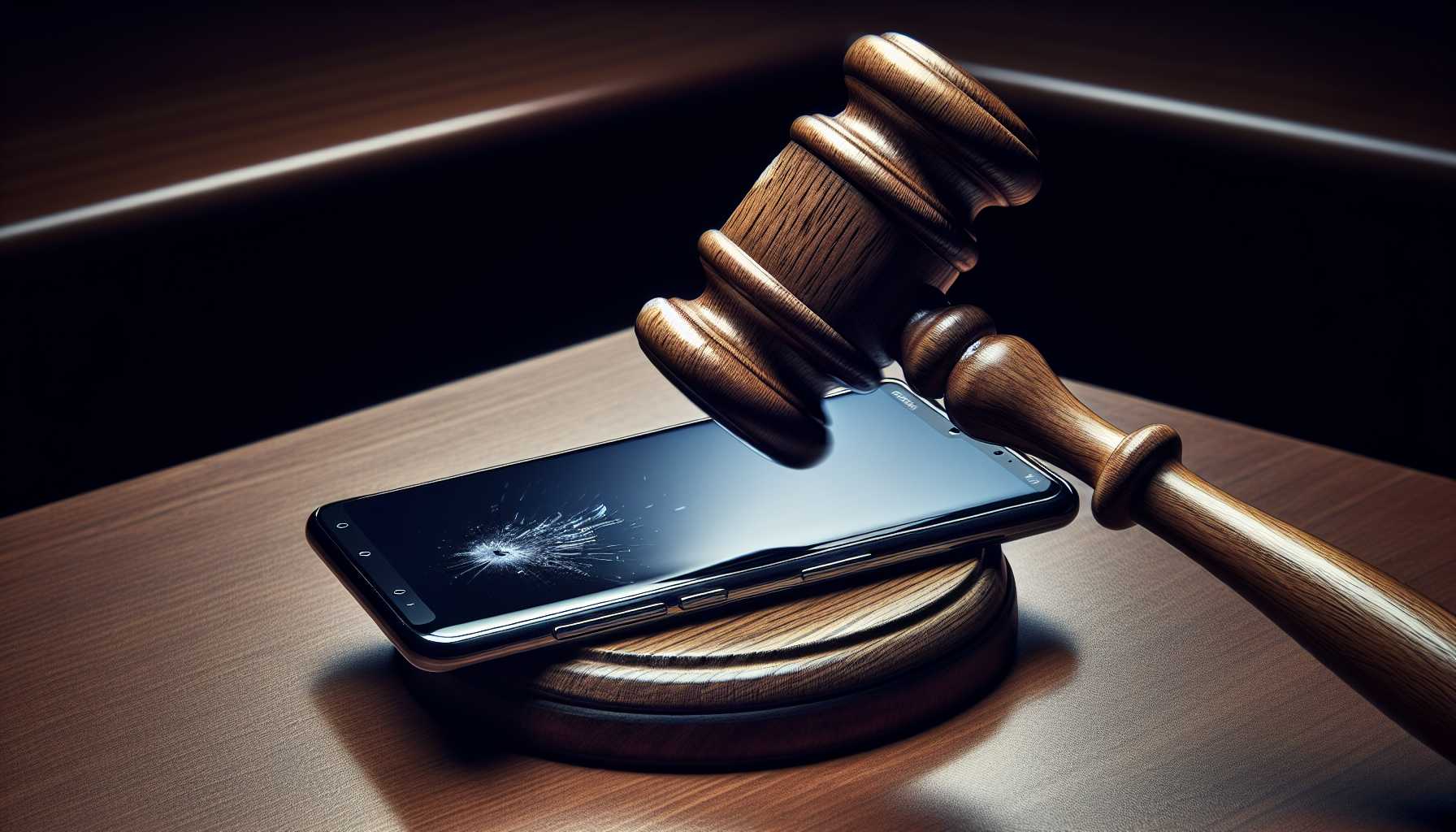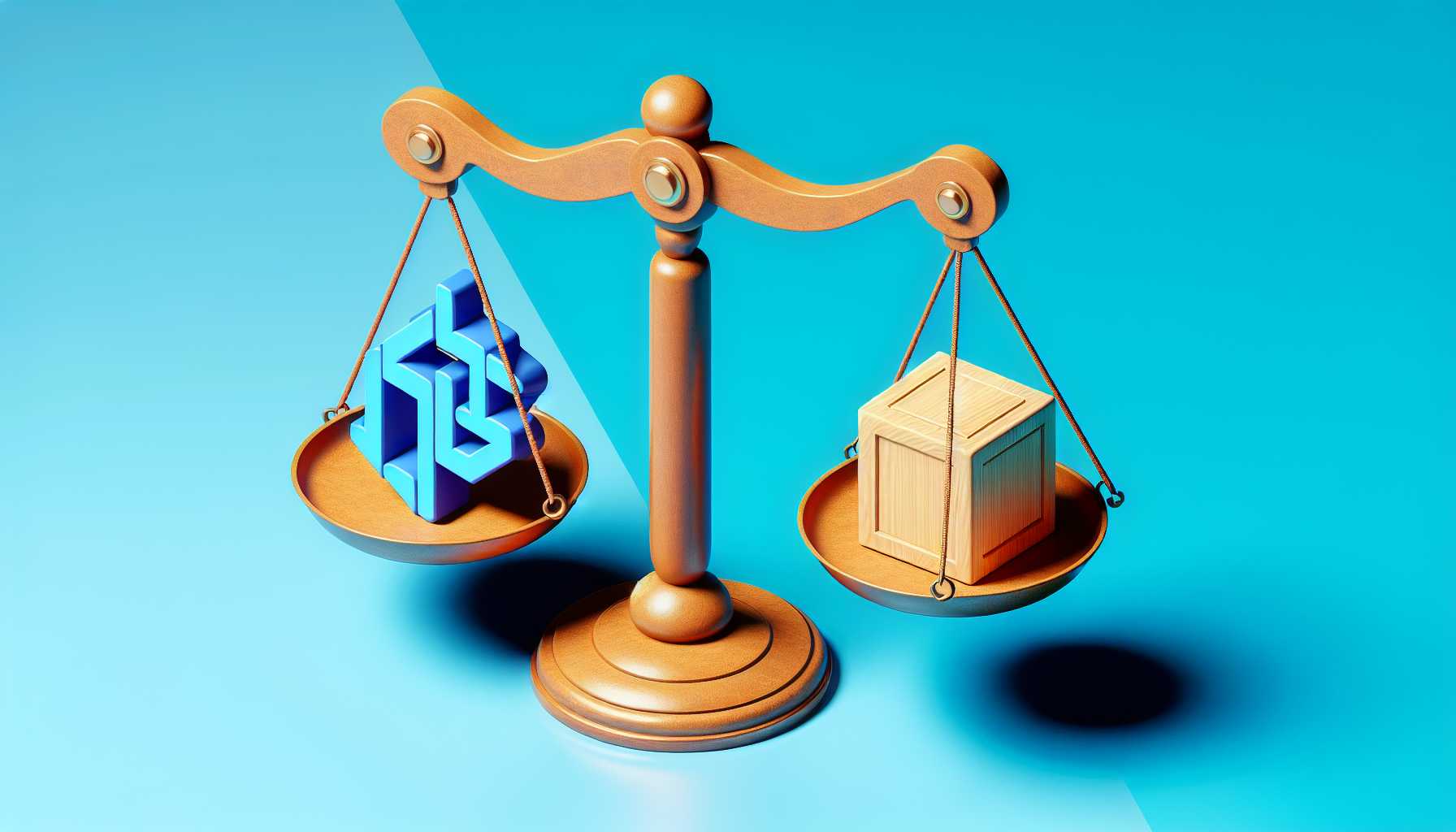The Digital Age: A Crossroads of Innovation, Responsibility, and Public Health
The digital age has brought about countless advancements, connecting us in ways we once couldn’t imagine. However, it’s not all hashtags and high-speed data; there’s a darker side to this connectivity, especially among our most vulnerable: children.
In an unprecedented move, New York City is leading the charge against big tech companies for their alleged role in fueling a youth mental health crisis. As a product manager leader and tech investor, I find this confrontation a remarkable intersection of public health, technology, and corporate responsibility.
The Lawsuit Lowdown
New York City’s agencies, including the Department of Health and Mental Hygiene and the Department of Education, want to hold tech behemoths—Meta, TikTok, Snap, and Google—accountable. These platforms, the lawsuit claims, use addictive design features like recommendation algorithms and the dopamine hit of ‘likes’ to hook children into endless online loops. The bigger picture painted here is alarming – a generation trapped in a digital vortex that possibly exacerbates mental health issues.
The Ripple Effect in Litigation
This isn’t an isolated act of litigation. It adds to a growing corpus of lawsuits that challenge tech platforms on their addictive nature and deceptive tactics. For instance, Meta faced similar accusations from several state governments and a Maryland school district. Such litigation could survive early legal challenges, as evidenced by a California district court’s ruling that platform design flaws could be scrutinized without conflict to Section 230—a shield for tech’s legal liability. But while the suits pile up, we’ve yet to see a decisive courtroom showdown.
Policy Paralysis vs. Public Safety
At the heart of this legal labyrinth is a policy that struggles to keep pace with technological evolution and corporate power. NYC’s lawsuit and Mayor Eric Adams’ social media action plan reflect a broader governmental consensus on protecting children from online harm—a rare unifying issue in Congress’s otherwise polarized chambers. Yet, despite shared concern, actionable legislation remains elusive. Thus, litigation becomes a proxy for political action, a tool to possibly spur tech giants into self-regulation.
Big Tech’s Defense
On the flip side, the accused platforms aren’t silent. Meta’s spokesperson cites their battery of over 30 tools and features designed for safe, age-appropriate online experiences. Snap highlights the distinct design of Snapchat, emphasizing communication with close friends over broadcasting to the masses. TikTok and Google also defend their built-in safeguards, parental controls, and efforts to make their platforms safer for teens. The clash couldn’t be clearer—a tussle between public welfare narratives and corporate self-preservation.
Through the Technological Looking Glass: AI’s Existential Questions
Away from courtrooms and public statements, AI’s role in our lives poses deeper philosophical questions—ones that films like ‘Her’ poignantly reflect. Spike Jonze’s interpretation of AI reveals the complexity of our inevitable relationship with artificial consciousness—less about fears of an apocalyptic AI uprising and more about the insecurities, desires, and essence of being that permeate our interactions with technology. AI’s real “traffic jam” isn’t its creation but the messy, unpredictable, and often profound effects it has on human emotion and relationships.
Conclusion: Balancing Innovation and Responsibility
Tech giants currently under New York City’s legal microscope showcases the challenging balance of innovation and moral responsibility. While tech companies advocate for the safety measures they’ve implemented, the lawsuit signifies a call for higher accountability, urging these platforms to consider their impact on society’s most impressionable members. As we navigate this digital era, we must continually assess our creations—not just for what they can do, but for the lives they touch and transform, both online and offline.





